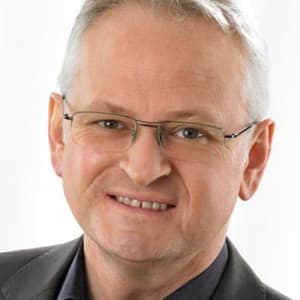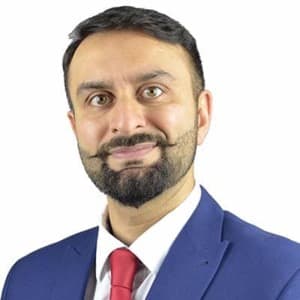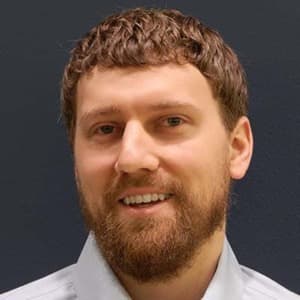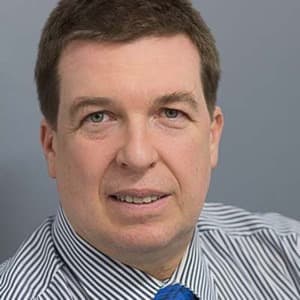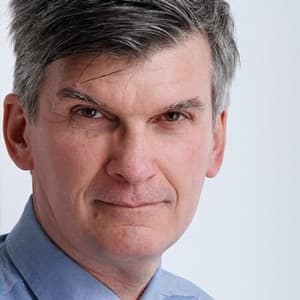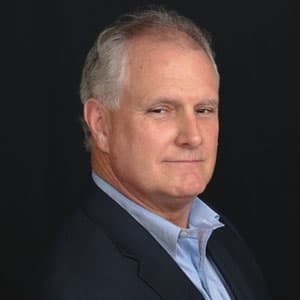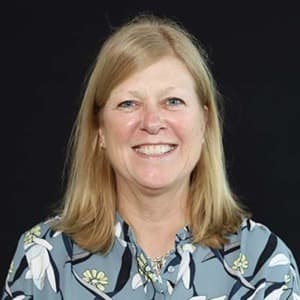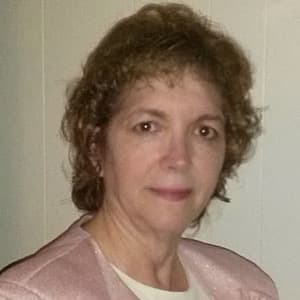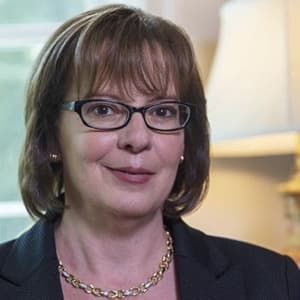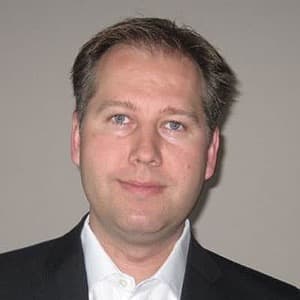The Blog
BBC Interview Series: Thomas Geis at ProContext Consulting
In anticipation of his presentation at Building Business Capability in Vegas, Oct 31, – Nov. 4, 2016, we asked Thomas Geis, Managing Director at ProContext Consulting, a few questions about pursuing business excellence. Check out his interview in relation to his BBC presentation entitled, The Customer Experience Life Cycle as a Basis for Structuring Requirements.
Q: In what ways do you see your group helping your organization pursue business excellence?
A: We are actually a consultancy firm with 12 consultants. We rather help our client organizations in the excellence of the products and service they produce. Our contribution is to discover new requirements on the products and services, starting from the discovery of the product/service to buying and using it and eventually spreading it.
Q: Can you describe the challenges you face or have already overcome in establishing more robust business capabilities for your organization?
A: There is a phenomenon that we call „immunization trap“. That is, companies deriving requirements based on their existing solutions rather then what is really needed by the users of their solutions. This leads to “self-fulfilling promise” in terms of re-inventing what was there before – a show-stopper for true innovation.
Q: What are your short-term goals for becoming more agile?
A: My provocative answer is: nothing. I believe agility has its place in implementing a product or service; this is where it really helps. Not so much in deriving the requirements for it. Well, there are tactics to speed up requirements analysis but this inherently leads to higher uncertainty. So trading of both (certainty and uncertainty) is becoming more and more important. Agility is not the miracle drug that many believe it is. It helps in building something, not in architecting it.
Q: What’s the most valuable thing you’ve learned in the past year?
A: User experience is taken more and more serious by business makers. People realize that half the functionality can make twice the money, if it satisfies the customer. Project makers all the sudden want to understand how to derive user experience requirements in a predictive and manageable style.
Q: What do you see as the most important goal or trend for business analysts and other professionals to keep in mind?
A: We have to keep in mind, that the people we work with and work for are not business analysts. We have to communicate the results of our work in an easy-to remember and easy-to-understand style. This is a true challenge. Professionals have to produce their deliverables professionally but then communicate them to non-professionals.
Q: What’s the latest method/process/tool you’ve implemented to help your business operate more effectively? Have you seen any results yet?
A: We implemented „model-driven enquiry“. This simply means that you first use all information that the people in a project team already know to build a “model” of what seems to be needed by the customer. At the same time you derive questions to be answered with customers / users to get true insights on the customers / users ACTUAL situation and work out what is TRULY needed. We see the results of that approach by both, happy customers and equally important happy project members.
Q: If you could go back 5 years in time and give some professional insight or advice to yourself, what would it be?
A: Those people who you communicate your analysis results to will only understand half of what you say, so think about exactly that half before you start communicating.
Q: What’s one question you wished you were asked in this interview but were not? And how would you answer?
A: What do you do differently from others who derive requirements? We truly believe that if you want to find out what people need, don’t ask them what they need, they don’t know it. Rather ask them what they do and then work out what they need. This can be done quickly with the right methods.
Q: Sneak preview: Please tell us a take-away that you will provide during your talk at the Building Business Capability (BBC) conference this year?
A: You will learn that purchase decision makers and potential users of a product or service use the product or service before having it in their hands (“anticipated use”) and how to derive requirements for “anticipating a product or service” so people want to buy it. (No, this is not marketing; it is requirements analysis for user experience).
—————————–
Don’t miss Thomas’ presentation, The Customer Experience Life Cycle as a Basis for Structuring Requirements, at Building Business Capability on Wednesday, November 2, 2016 from 2:00 to 3:00 pm. Click here to register for attendance.
2018 Program
Connect
Building Business Capability is the only conference that provides insight into Business Analysis, Business Architecture, Business Process, Business Rules, Business Decisions, and Business Strategy & Transformation toward the pursuit of business excellence.
STAY CONNECTED
Event Produced and Organized by Rising Media in association with Business Rule Solutions Copyright © 2010-2018, Rising Media, Inc. All Rights Reserved.

